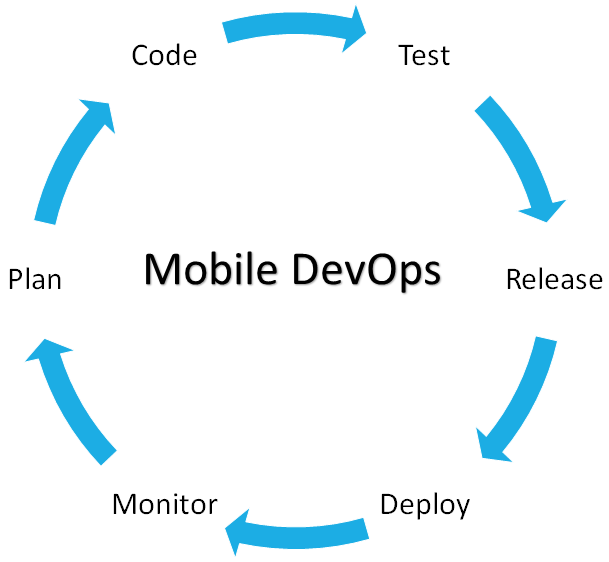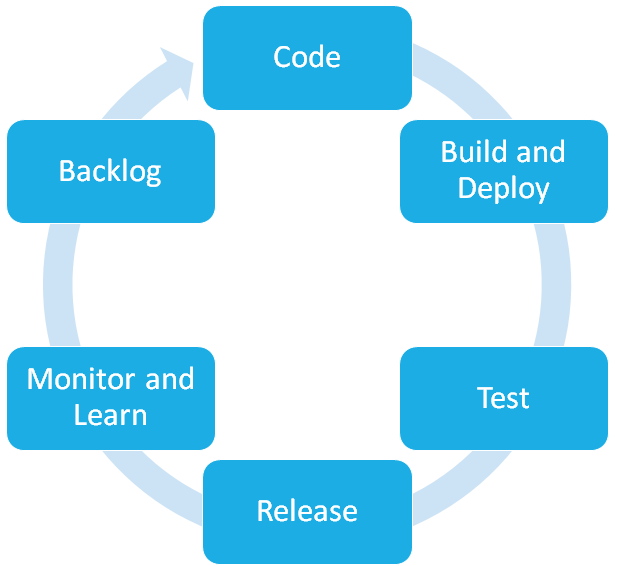Introduction to mobile DevOps
Mobile DevOps is quite similar to DevOps, but only applied to mobile. With that said, it brings new challenges that come with mobile application deployment and maintenance. When talking about mobile application development, there are a lot of new things to consider about deployment and feedback.
A web application just needs to be tested and quality-checked on a limited set of browsers, but for mobile applications the range is huge and not limited to a set of mobile devices or operating system versions. A large number of operating system versions available in the market need to be tested and tracked once the application goes live in production.
The main difference between DevOps and mobile DevOps is the tooling required to achieve the process. In mobile DevOps, the SDKs have to be built into the application code to track bug reports and crash reports when in production.
Feedback mechanisms become even more important because mobile apps have a more personal feel to them, and users gives very important feedback that can be then worked upon and applied to application improvements.
Continuous feedback and continuous development
Continuous feedback and continuous development have become the most important things in mobile application development. Developers have to continuously act on the feedback given by customers and there must be tools used to ensure that the right customer feedback is received on time and acted upon. Channels have to be monitored and monitoring tools have to be kept in place at every stage of development and production release, to ensure users' views are understood and taken care of. Developers have to know what scenarios might be making the users' app crash on their phone, such as which screen users spend the most time on, and what activities users don't perform in the application. All this feedback is important in mobile application development; to be able to get this feedback, tools should be in place, tools that enable continuous feedback and allow developers to have a better view of users' experiences.

Importance of backlog in mobile DevOps
When it comes to mobile applications, app crashes are not the only available feedback mechanism. Users can submit feedback directly from the mobile app to the developers. Some tools also provide user metrics and custom events, letting developers understand how the app is being adopted and used. All this information should be utilized to improve your backlog, and developers should always feel confident about investing in the right area, based on the data.
































































